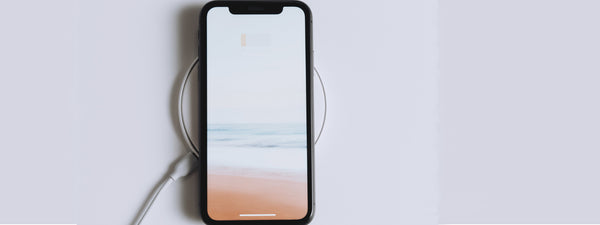Wireless charging pads aren’t a new invention, but with more and more phone manufacturers jumping on the bandwagon, they’re an increasingly convenient way to top off your phone without hunting for a cable.
What is Wireless Charging?

Wireless charging is the transfer of power from a power outlet to your device, without the need for a connecting cable, for example, a wireless MagSafe charger for iPhone.
How Does Wireless Charging Work?
- Through two coils to create an electromagnetic field
- When the receiving magnetic plate on the mobile device comes into contact with the transmitter, an electric current is generated
Are iPhone or Android Wireless Chargers the Same
they’re universal: whether you’ve got an iPhone, Pixel, Galaxy, or nearly any wirelessly charging accessory, they all work with the same pads and fast charging.
How to Use Wireless Charger
- Make sure your phone is compatible
- Remove all objects, especially metal or magnetic objects, from the charging pad or pocket
- Place mobile device face up on the symbol molded into the charging pad or pocket
- Move the mobile device slowly until a charging icon displays on the infotainment system’s display screen. This icon indicates the mobile device is properly positioned and charging
What are the Advantages of Wireless Charging?
- A safe way to transfer power to your phone
- Simple to just drop your phone on the charging pad
- Puts less strain on the charging port of your phone
- If you run out of juice and don't have a cable you can still charge your phone
What are the Disadvantages of Wireless Charging?
- Wireless charging is slower, especially for phones with Quick Charge technology - plugging into a wall outlet will be much, much quicker for those devices
- If you've got your phone charging via a cable, you can still hold it and use it as normal. If you take your phone off a wireless charging pad to use it, it stops charging
- Not all phones have it.
Also See

